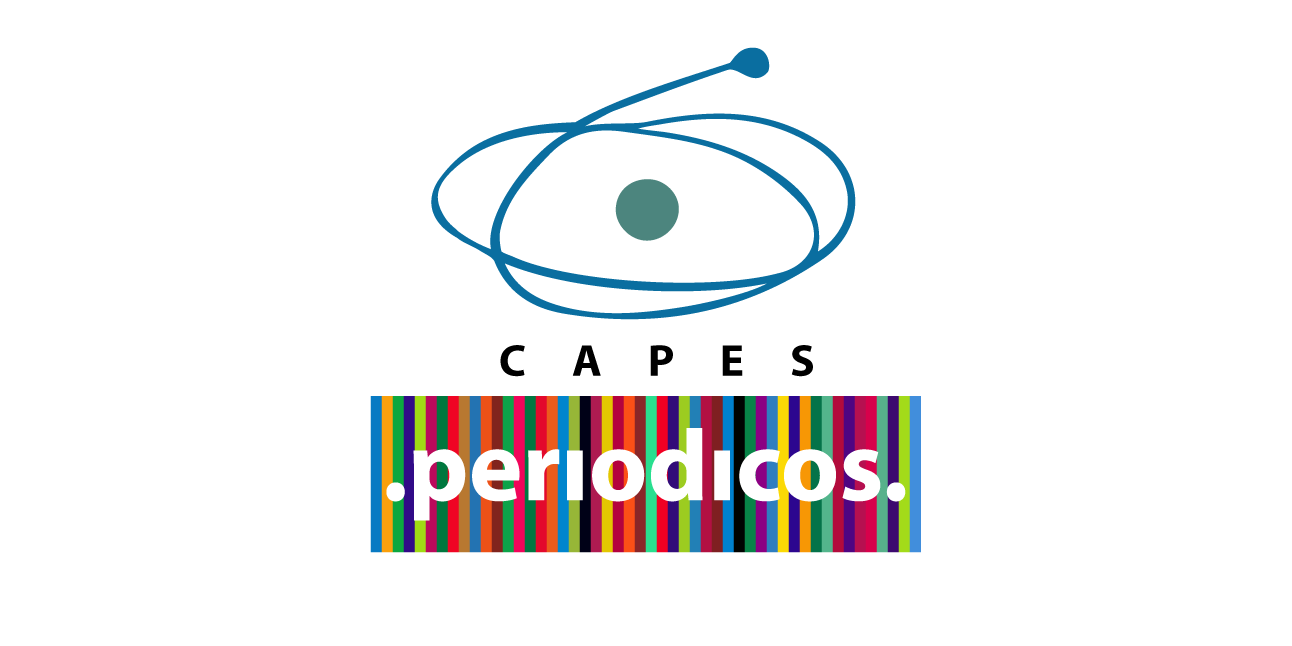Production of Medicinal Plants Fertilazed with Filter Cake
Keywords:
Agronegócio, Plantas medicinais, Sustentabilidade, Agribusiness, Medicinal plants, Sustainability.Abstract
This work was developed to assess the Aloe Vera production (Aloe Vera L.), Lemon grass (Cymbopogon citratus Stapf), Lippia alba (Lippia alba L.) and Mint (Mentha spp.), fertilized with filter cake. The experimental design was completely randomized, under field conditions with four treatments and three replications per treatment. The seedling was obtained by vegetative via. The filter cake was used in the planting, at the 2,5kg/m2 dose and without top-dressing. The cutting occurred 240 days after planting and the following guidelines were measured: seedling survival, plant height, fresh and dry biomass of the aerial part and essential oil yield. Concerning the seedling survival, it did not showed any difference, except the mint that had the worst result. The Lippia alba showed the biggest height, followed by the Lemon grass, Aloe vera and Mint. The fresh and dry biomass of the Lemon grass was the biggest one, followed by Lippia alba and Mint. Aloe vera, Lemon grass and Lippia alba can be produced using as organic fertilizer, the filter cake.Downloads
Published
2008-06-26
How to Cite
Vicente, E. C., Maia, E., & D’Oliveira, P. S. (2008). Production of Medicinal Plants Fertilazed with Filter Cake. Iniciação Científica Cesumar, 10(1), 07–12. Retrieved from https://periodicos.unicesumar.edu.br/index.php/iccesumar/article/view/689
Issue
Section
Artigos Originais
License
The Editorial Board is authorized to make certain changes in the original text to comply with bibliographical norms, orthography and grammar, so that standards in language and style may be maintained. However, the author´s style will be preserved. The concepts developed by the authors are their exclusive concern and responsibility.In case of approval, the e-mail of acceptance will contain a Letter of Copyright with authors´ name, personal data, and signature of all authors.






